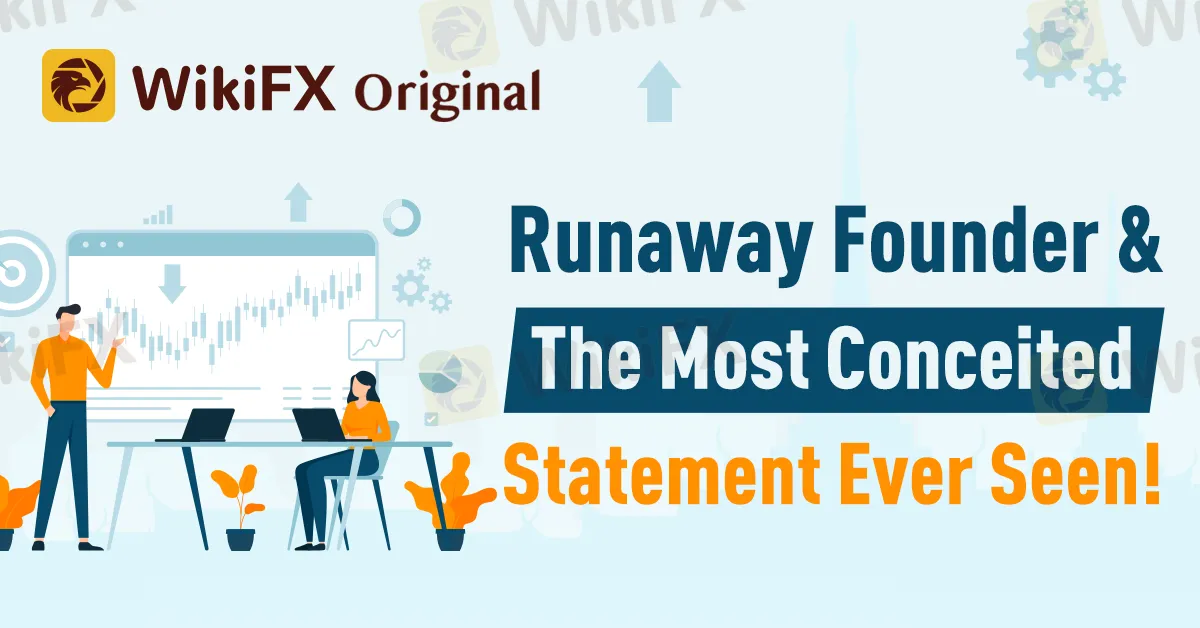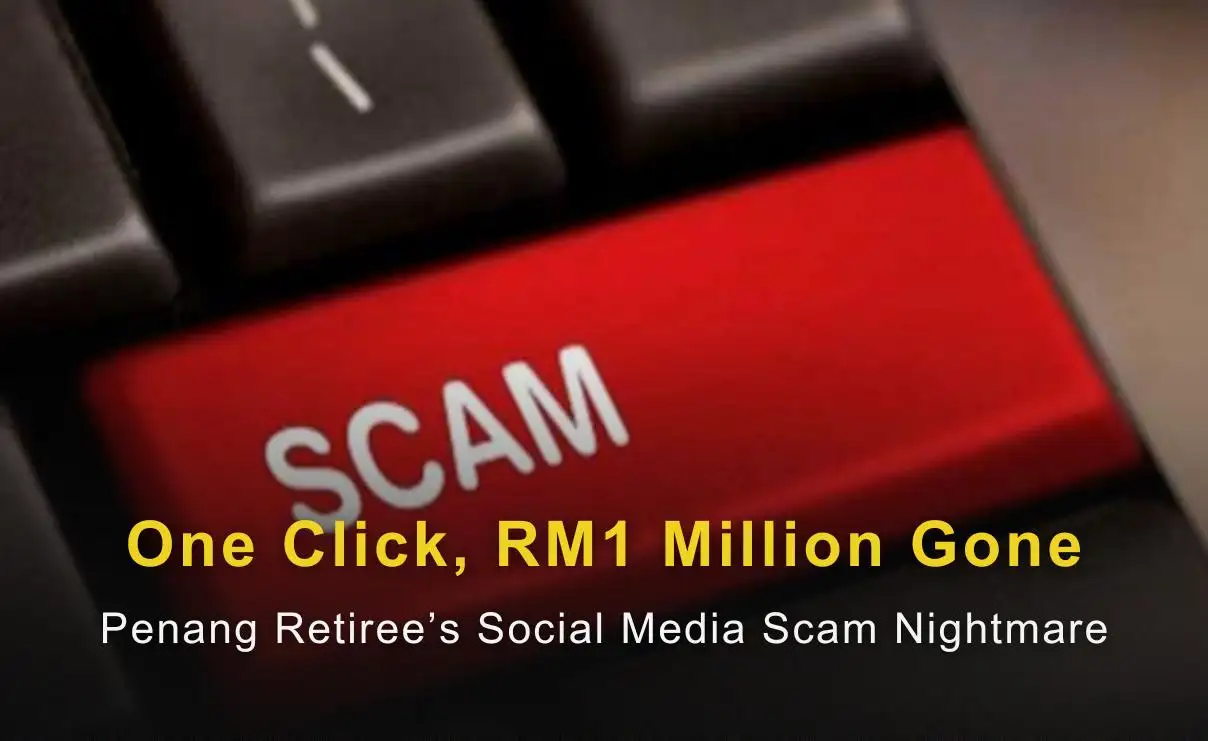Abstract:The founder of Oli Capital ran away and released the most enraging statement to his victims. This could be the most brazen announcement a company has ever released to the public.

Recently, the founder of Oli Capital, Qi Luo, released a public statement stating that he had escaped to Southeast Asia to live a good life with his girlfriend squandering investors' funds.
This could possibly be one of the most arrogant public announcements ever made by a busted company which is not common within the industry.

He even reminded his victims not to attempt to sue him because the futile effort would end up benefiting the lawyers as all the funds have been spent.
According to a business registration number spotted on the famous China forum platform (Zhihu), Oli Capital put on a good disguise as a boutique investment based in Sydney, Australia, specializing in corporate fundraising, IPO issuance, M&A advisory, fund management and portfolio management. It claims to offer free business and investment advice to its investors or subscription since its establishment in 2008.
In addition, Qi Luo urged his victims not to track down his ex-wife and daughters as they were just “pawns” within his entire game plan. He also frankly admitted that the investors' funds were immaculately laundered from Australia to a country that does not have an extradition treaty, so it is impossible to capture him or retrieve the funds.
In his letter to investors, Qi Luo admitted that the advice given by Oli Capital to invest in blue chip stocks and gold and his proposed hydrogen energy projects were all part of his Ponzi scheme.
Thanks to his victims, his current lavish lifestyle, including stays in expensive hotel suites, entertainment, his girlfriend's Hermes and extravagant shopping, are well paid off by the investors' money which he gathered in the past 3 years from Oli Capital.
What is more infuriating is that Qi Luo even mocked his investors for trusting Oli Capital and him so easily. If only they had been more careful in their evaluation, they would not have fallen into his trap in the first place. He pinpointed, “we are only a small financial company with a dozen employees; how is it possible for us to attain and complete such a big national project that is worth hundreds of billions” putting the blame back on the investors for not doing their due diligence thoroughly.
He ended the statement by reminding investors that life is full of ups and downs; even if he did not scam their money, they could have lost it to someone else. Therefore, they should move on, let go of the past, be happy and positive in life and start working hard to earn back the money they had lost in Oli Capital.











